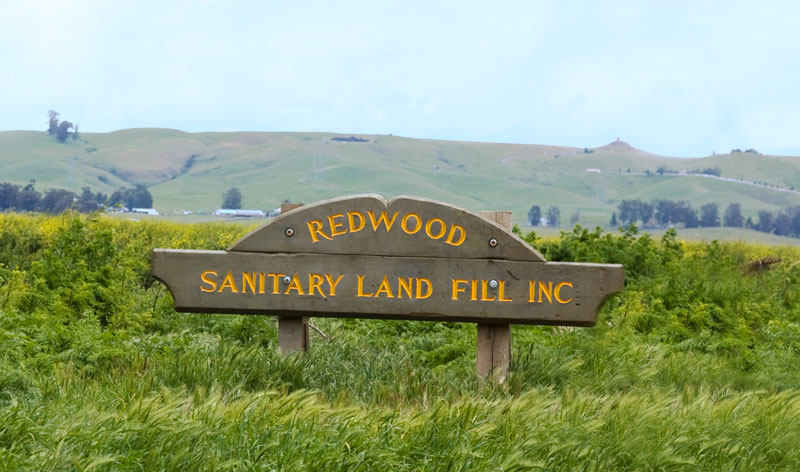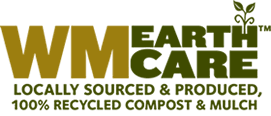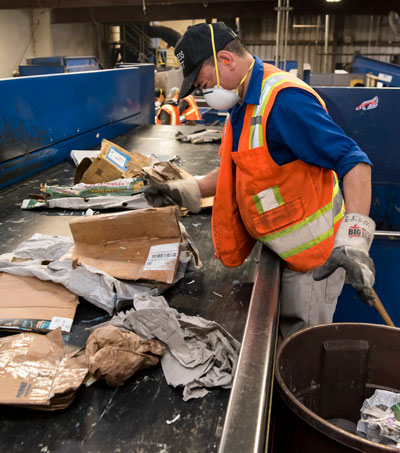When an apartment owner or account manager signs up for service, our customer support representative will review service and cart options to ensure the right fit for your complex size.
If you have any questions or want to make changes to your service, please email us at customer@millvalleyrefuse.com or call our office at (415) 457-9760, Monday through Friday, between 7 a.m. and 3 p.m.
Service Levels
There are three levels of garbage services available for apartment customers depending on whether carts or containers are brought to the street or if our drivers have to come onto the property to pick up and return them.
Cart & Container Options
A Note About Your Mixed Recycling Cart Colors
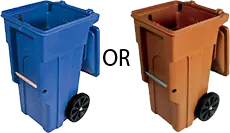 California is in the process of standardizing cart colors to make it easier to properly separate materials to recycle, compost, or landfill no matter where you are.
California is in the process of standardizing cart colors to make it easier to properly separate materials to recycle, compost, or landfill no matter where you are.
If you have an all BROWN cart (brown body, brown lid) for recycling, please continue to use it for recycling. As these brown carts become non-serviceable, we will replace them with the new standardized all BLUE carts.
New apartment customers receive all BLUE carts for recycling.
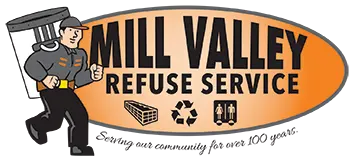
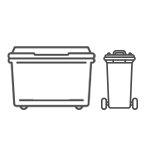
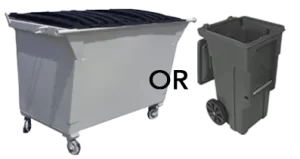
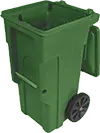

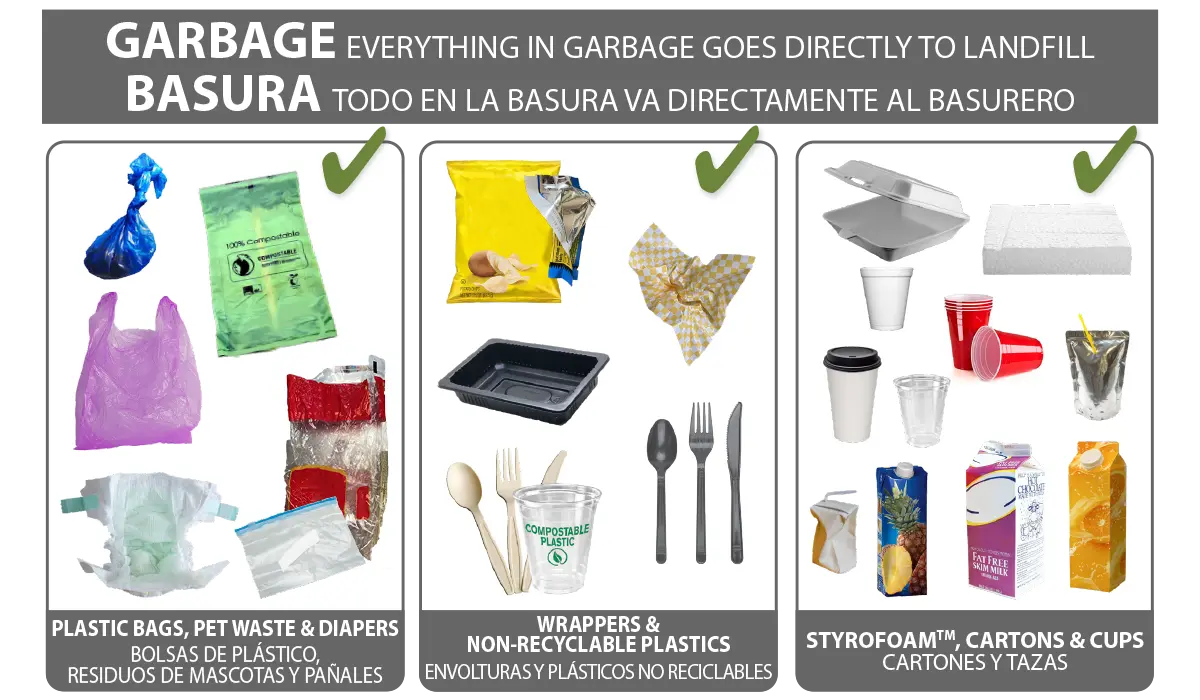

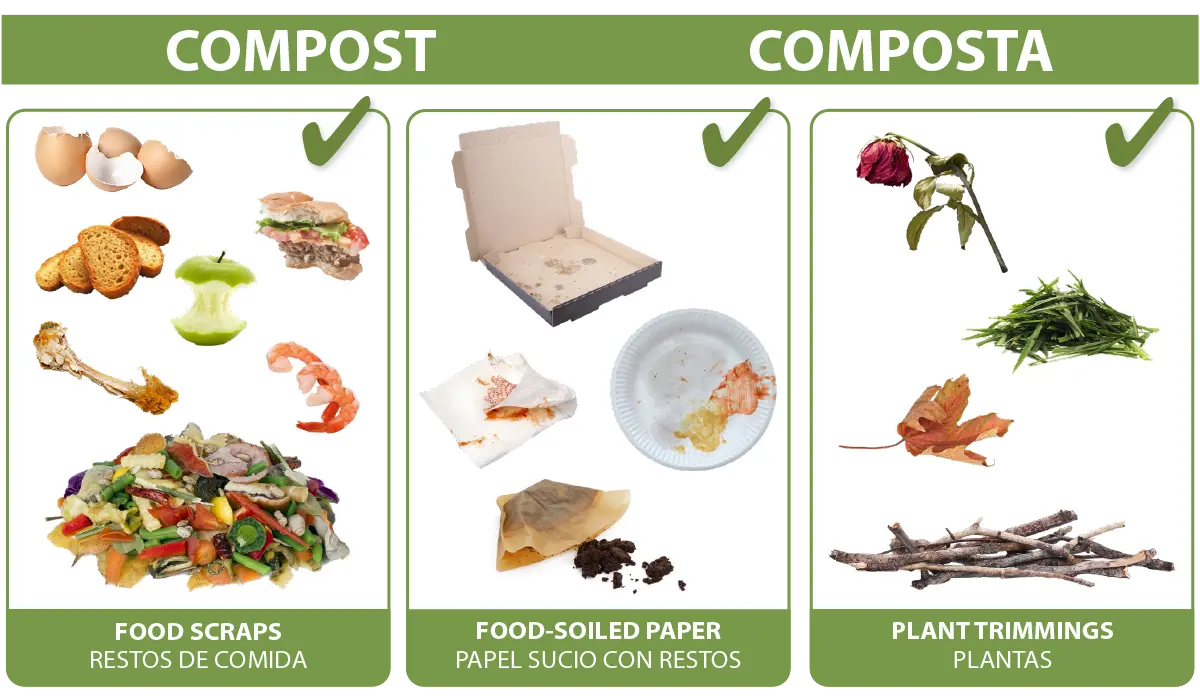

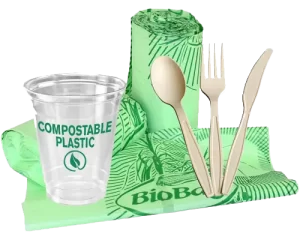
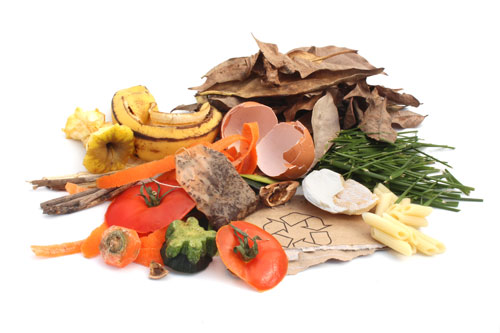
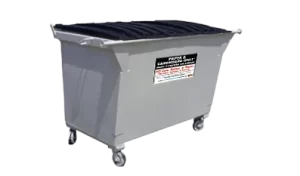
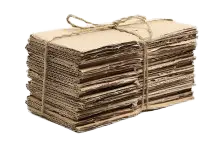 If your business or complex DOES NOT have a separate cardboard container, you may place cardboard in the mixed Recycle Cart. Flatten, but do not cut into small pieces. If cardboard does not fit in the cart, it must be packed in 2’x2’x2′ bundles or smaller and tied with twine or string. Set bundles next to cart on pickup day.
If your business or complex DOES NOT have a separate cardboard container, you may place cardboard in the mixed Recycle Cart. Flatten, but do not cut into small pieces. If cardboard does not fit in the cart, it must be packed in 2’x2’x2′ bundles or smaller and tied with twine or string. Set bundles next to cart on pickup day.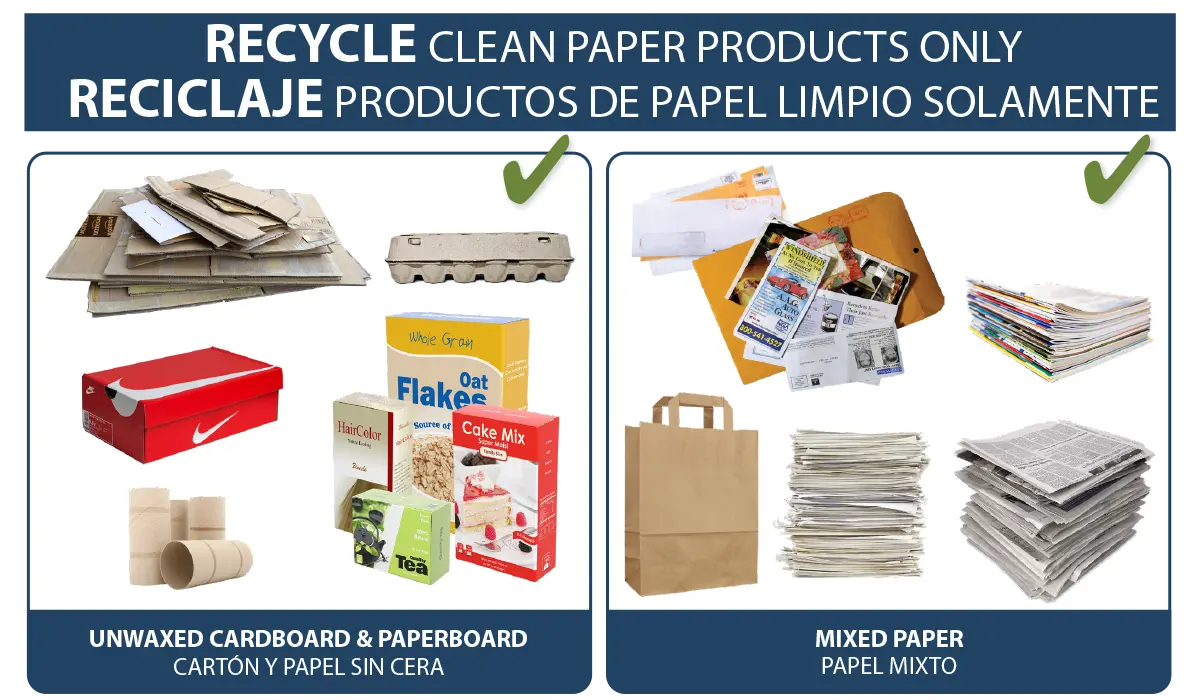
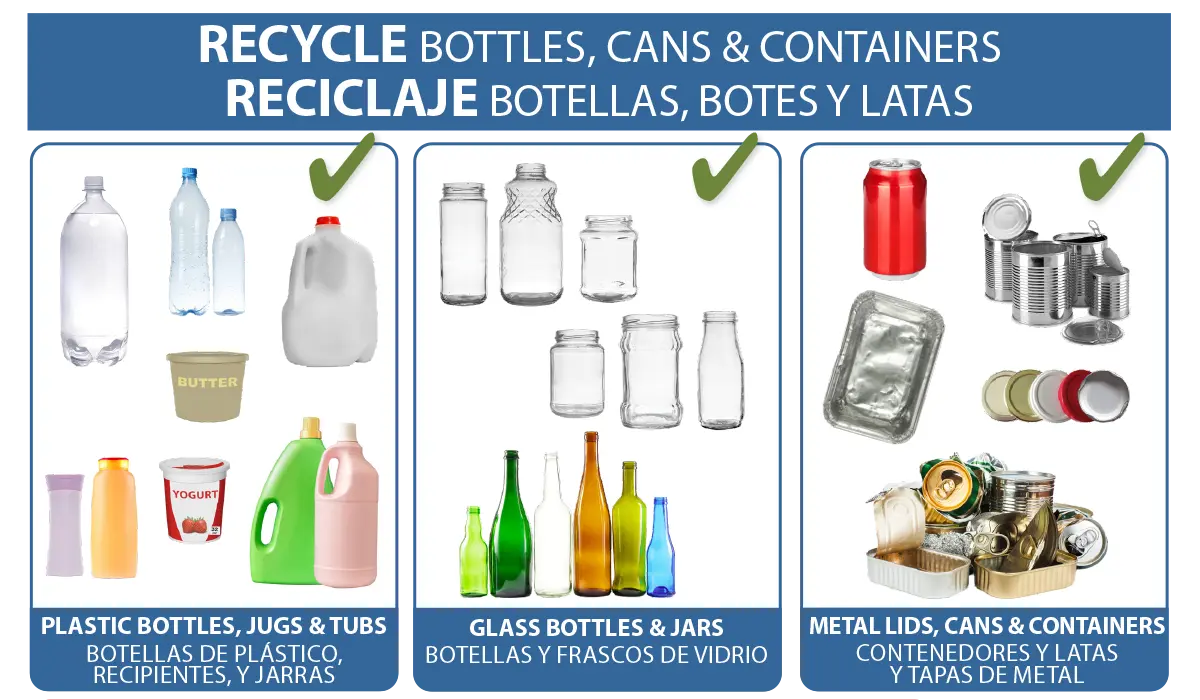
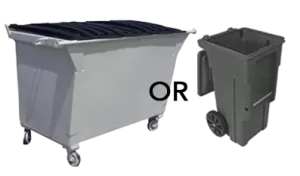
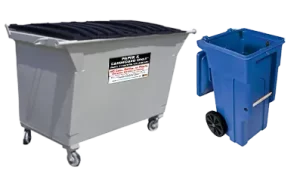
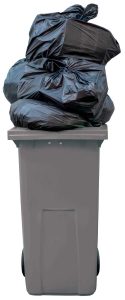 If your complex is experiencing high volumes of garbage, recycling, and compost, it may be time to add weekend collection service to your regular collection schedule. Additional fees apply.
If your complex is experiencing high volumes of garbage, recycling, and compost, it may be time to add weekend collection service to your regular collection schedule. Additional fees apply.